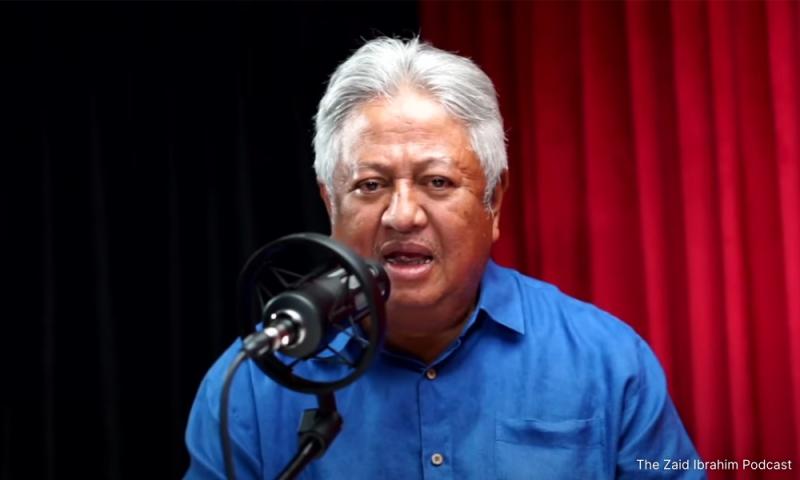In tabling the Bill, Defence Minister Najib Razak was reported to have said: "It is the responsibility of the people to ensure that multi-racial Malaysia continues to be stable and strong to achieve development in view of various new attacks such as globalisation and liberalisation. Therefore, we cannot let the polarisation and alienated relation among races to continue."
Malaysia is a multi-ethnic, multi-cultural and multi-religious nation. In Peninsular Malaysia, for example, the major ethnic groups cannot simply be classified as Malays, Chinese and Indians.
There has been integration but alas till this date, many of us still prefer (or are forced to) to identify ourselves by the ethnicity, and not as Malaysians.
As race- and religious-based political parties exist both in government and the opposition, the development of a patriotic Malaysian, irrespective of ethnicity, religion or cultural difference, becomes a difficult task.
As long as Malaysians are made to identify his/her bangsa (race) in official forms, we have a difficult task in developing the patriotic, resilient and united Malaysian equipped and ready for the 'various new attacks such as globalisation and liberalisation', and other challenges facing our nation.
Compulsory national service itself will not work without a change in our partisan identities. Political parties have to seriously review their present objectives with realisation that race- and religious-based struggles must give way if we truly want to develop a patriotic, resilient and united Malaysian nation, prepared to face the new challenges and threats of this era.
The very fact that the national service training council is to have persons representing the major races itself goes against the very object of this national service programme. The training council should be comprised of the best and most qualified persons, irrespective of race, ethnicity, religion, political affiliations, gender, whether they are in government or not, etc.
A compulsory national service for youths alone, I believe, is insufficient to achieve the object of developing the patriotic Malaysian. There has got to be a total review of many aspects of Malaysia.
For one, our education system primarily uses a banking methodology - hard on critical and differing opinions and views, and seem geared primarily to generate good obedient workers for our various economic sectors - needs to be reviewed.
An education system that develops a thinking, expressive, critical and holistic Malaysian is needed. Similarly, there must be a review and repeal of all legislation that curtail or instil the fear to dissent if we truly want to develop stronger, united and patriotic Malaysians ready to face the challenges and threats of tomorrow.
Like the withdrawal of the offensive 'no criticism' clause, the government of the day and leaders at all levels must encourage Malaysians to voice out their views, opinions and suggestions. After that leaders must listen to their people and respond accordingly. That will definitely better deliver the goals of national service rather than the compulsory programme.
Encouraging participation will develop a more patriotic Malaysian people concerned with the betterment and strengthening of the nation. The silence, the ' tidak apa ' attitude, the lepak culture, and the indifferent behaviour of many Malaysians today can be linked to curtailed freedoms, the inadequate avenues for expression, and the feeling that leaders do not listen to the people after being elected.
As such, the national service bill should have been made accessible to members of the public, and the minister and parliament should have allowed for more views before passing of this Act, if that is what the Malaysian public really wants.
The Minister, when he removed that controversial clause demonstrated that our present leaders do sometimes listen to the views of the Malaysian public, but alas that alone is insufficient.
If we really desire to foster the spirit of patriotism, encourage racial integration, and develop positive and noble traits among the younger generation and all Malaysians, we need to ensure that multi-racial Malaysia continues to be stable and strong to achieve development in view of various new attacks such as globalisation and liberalisation.
Lastly, I must say that patriotism, racial integration, "noble and positive traits" cannot be developed by force, threats and compulsion. Hence, the very existence of all kind of offences and penalties within the Bill itself must be reviewed.
Remove the shackles that curtail freedoms of expression and participation, increase accountability and transparency in government, and then we may no more need the compulsory national service program to achieve the same objectives.




